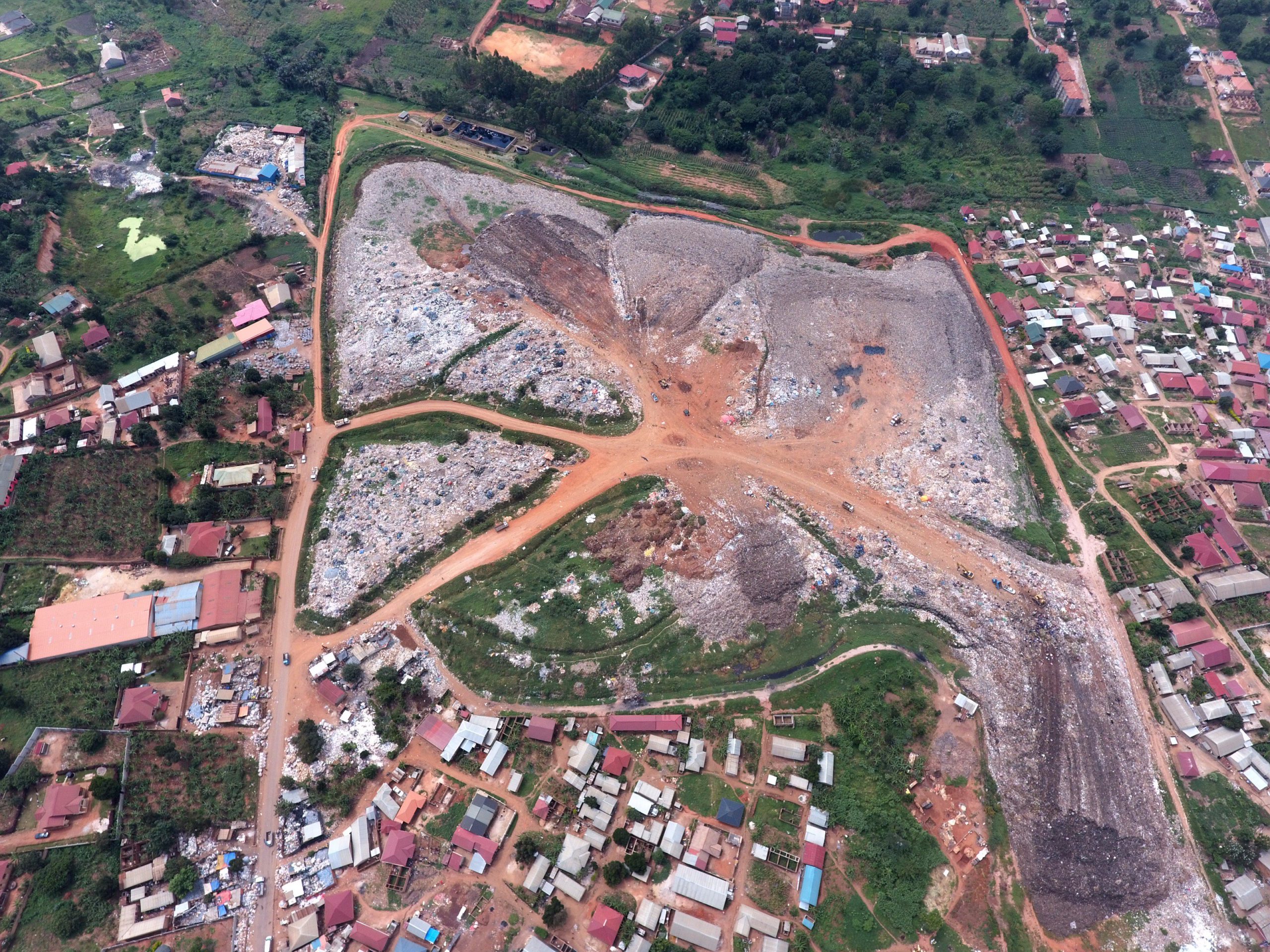
The Kiteezi landfill disaster serves as a wake-up call
The Kiteezi landfill disaster is a tragic reminder of the challenges associated with waste management in rapidly urbanizing regions. The event has highlighted issues in waste management practices, including inadequate infrastructure, a poor regulatory enforcement, and a lack of public awareness.
The landfill likely suffered from insufficient design and maintenance, and may not have been equipped to handle the volume and type of waste it received. The absence of proper waste segregation, recycling, and composting overwhelmed the landfill with a mix of organic, inorganic, and hazardous waste, increasing the risk of chemical reactions, fires, and toxic leachate.
There may have been lapses in regulatory oversight, where authorities did not enforce guidelines on landfill operations, waste disposal, and environmental protection. Corruption, limited resources, and lack of technical expertise exacerbated these issues.
As urban areas like Kampala continue to grow, the pressure on waste management systems increases. Landfills that were initially sufficient can quickly become overwhelmed without expansion or the implementation of alternative waste management solutions.
To prevent similar disasters in the future, the Ugandan government must take a multi-faceted approach. This includes prioritizing the development of modern waste management facilities, enhancing regulatory frameworks, promoting public awareness, exploring alternative waste management solutions, engaging communities, and developing disaster preparedness and response plans.
Uganda can benefit from partnerships with international organizations, NGOs, and other countries that have successfully managed waste. These collaborations can provide technical assistance, funding, and knowledge transfer to improve the country’s waste management systems.
Victoria Matovu, a journalist











